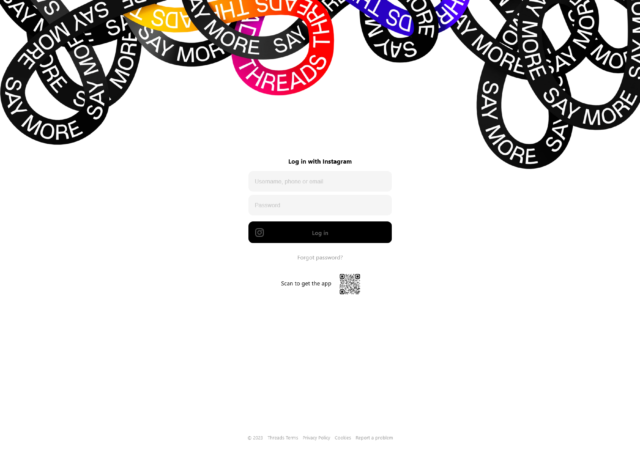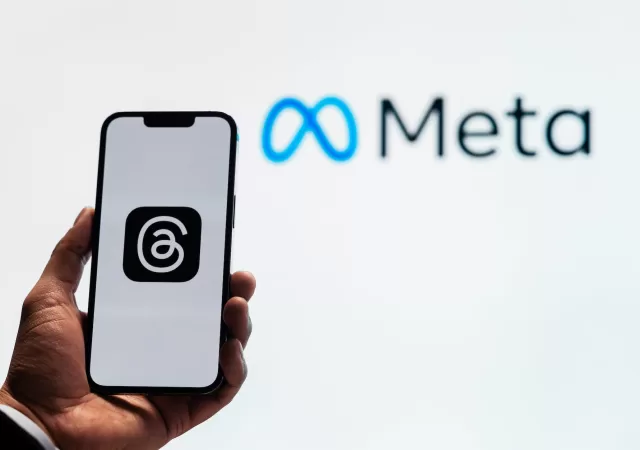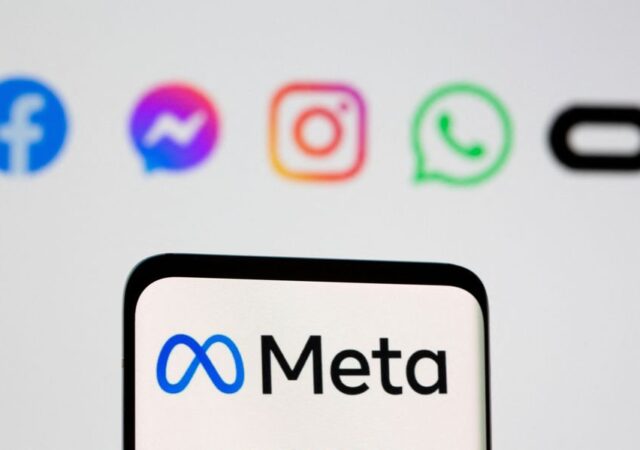Meta’s Threads is now accessible through web browsers. The launch comes after initial rumblings earlier in the week.
Meta’s Threads Gets More Updates & Inches Closer to the Web Browser
Threads gets even more user requested features while reports continue to hype the release of its web version.
Meta Empowers Businesses to Leverage AI & Insights for Business Messaging
AI 2.0 is driving a significant change in the way business messaging is targeted and done. Meta gives us some insight into how it is paving the way for it on Facebook and Instagram.
Meta is Scaling Down Their COVID-19 Misinformation Policy
WHO has announced that the COVID-19 global state of emergency has ended, Meta follows suit with a change of their misinformation policy.
Zuckerberg Broadcasts Meta Verified which Will Cost USD$11.99
Meta is introducing Meta Verified a paid subscription service which mimics Twitter Blue.
#JomJagaPrivasi with Meta’s Privacy Cafe
Meta hosts a “Privacy Cafe” in Malaysia to educate the public about data privacy across its platforms over a cup of tea.
Your Instagram Feed is About to Get Stranger
Mark Zuckerberg has big plans for Facebook and Instagram feeds in the coming years. That means we get strange new contents instead of friends
A New Metaverse Emerges, and it Comes from Fender
Fender announces the Stratoverse with Meta on their Horizon Worlds metaverse platform featuring a Stratocaster shaped floating island.
- OPPO Enco X3s Debuts With Advanced ANC & Dynaudio Sound
- OPPO Launches ColorOS 16: Smarter AI, Seamless Smoothness, and Open Connectivity
- OPPO Unveils Find X9 Series, Bringing a 200MP Hasselblad Telephoto Camera and Massive Batteries
- Samsung Galaxy Z Flip7 5G In-Depth Review: Bigger and More Intelligent in All The Right Ways with Space for Possibilities
- The Digital Architects: How Leveraging AI is De-risking Our Clean Energy Future
- user-465340 on Graphisoft is Designing the Future with Mindful Integration of Generative AI, Sustainability and Effiency
- Alan Shelby on Wondershare Repairit Online: A Free and Reliable Video Repair Platform
- Ally on Google Reveals the Pixel Fold, The Next Word in Foldables
- Carol science on HyperSense named in 2022 Gartner® Market Guide for Multipersona Data Science and Machine Learning Platforms
- Gina keveryn on YouTube Removes Public Dislike Count Visibility
- October 2025
- September 2025
- August 2025
- July 2025
- June 2025
- May 2025
- April 2025
- March 2025
- February 2025
- January 2025
- December 2024
- November 2024
- October 2024
- September 2024
- August 2024
- July 2024
- June 2024
- May 2024
- April 2024
- March 2024
- February 2024
- January 2024
- December 2023
- November 2023
- October 2023
- September 2023
- August 2023
- July 2023
- June 2023
- May 2023
- April 2023
- March 2023
- February 2023
- January 2023
- December 2022
- November 2022
- October 2022
- September 2022
- August 2022
- July 2022
- June 2022
- May 2022
- April 2022
- March 2022
- February 2022
- January 2022
- December 2021
- November 2021
- October 2021
- September 2021
- August 2021
- July 2021
- June 2021
- May 2021
- April 2021
- March 2021
- February 2021
- January 2021
- December 2020
- November 2020
- October 2020
- September 2020
- August 2020
- July 2020
- June 2020
- May 2020
- April 2020
- March 2020
- February 2020
- January 2020
- December 2019
- November 2019
- August 2019










